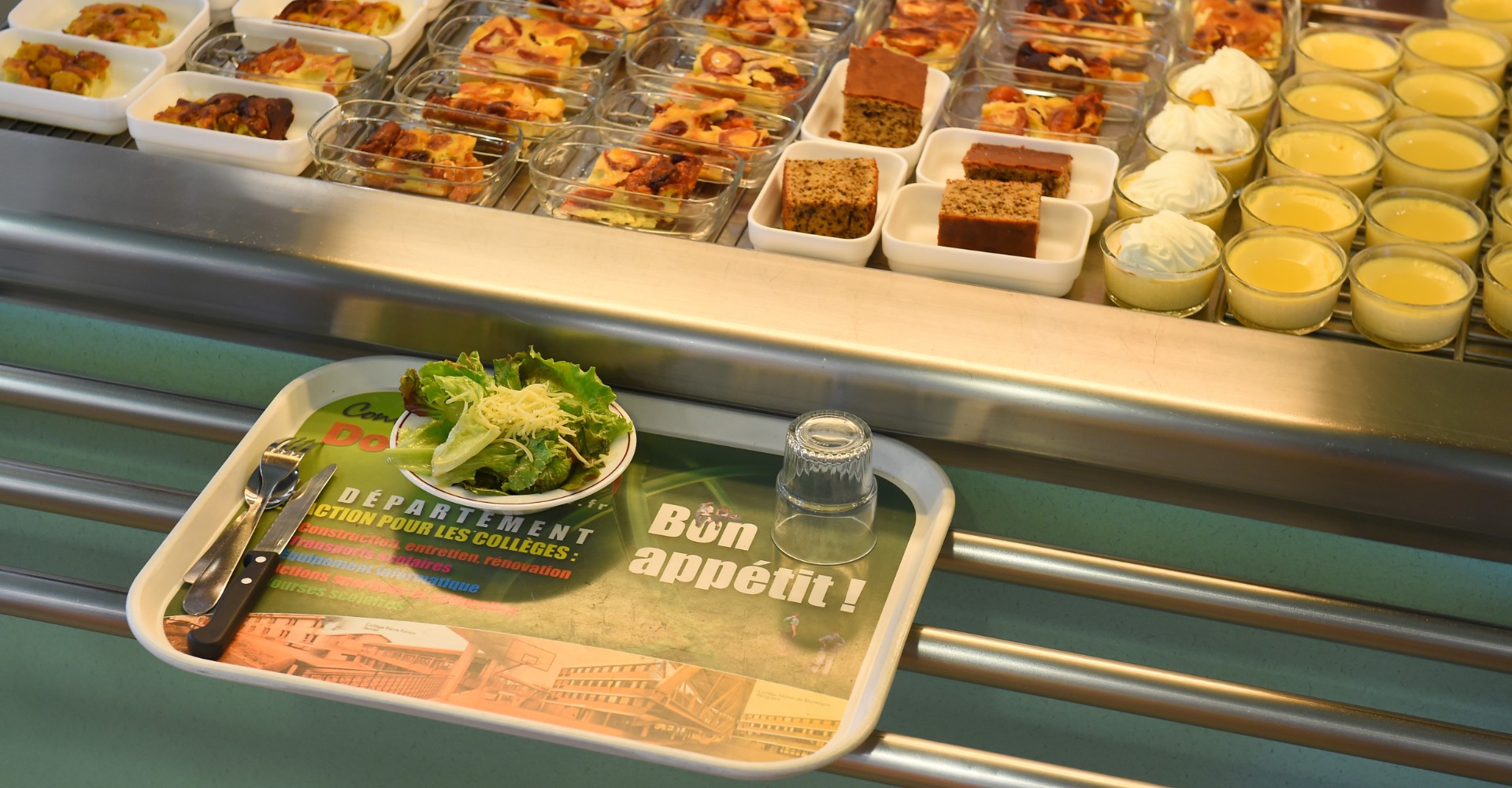While the Agricultural Show opened its doors on Saturday, the Aubrac cow breeders in Lozère are standing up against the food law promulgated in November 2018. Supposed to bring about healthy and sustainable agriculture, it plans in particular to make it compulsory a fully vegetarian menu per week in school canteens, from kindergarten to high school ... An amendment that is struggling to pass to the Chamber of Agriculture of Lozère which calls for not respecting this experiment.
>> Watch Bernard Poirette's morning show in replay and podcast here
Because in the department, everyone is proud of their Aubrac breed which produces naturally marbled meat with delicate grain and served in an ultra-short circuit in all the canteens of the territory. Evidence for Julien Tuféry, vice president of the chamber: "Eating local meat, eating meat produced on grass, it is much more positive for our environment for our children for their health than eating pancakes of soybeans produced in I don't know which corner of the planet ", he launched at the microphone of Europe 1.
Consumption between two and four times too high
According to him, "the real subject of ecology is not to consume meat, it is the pollution produced by transport. Except that it is much more complicated to legislate on this type of difficulties than to say we're going to take away a meal with meat. "
In fact, the canteens in Lozère do not serve Aubrac every day. But it is the principle that scares the breeders supported by many elected officials. For their part, the parliamentarians behind the amendment remain adamant, based on this observation: in France the consumption of animal protein in the canteen is between two and four times higher than what the national agency recommends health.

